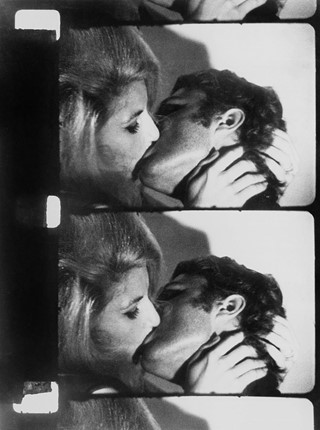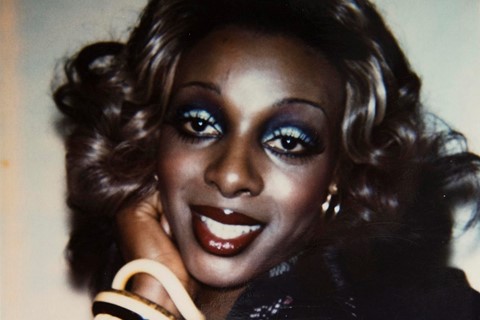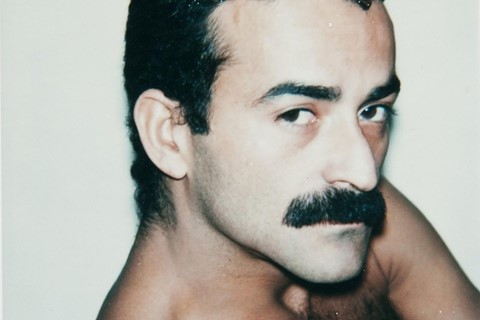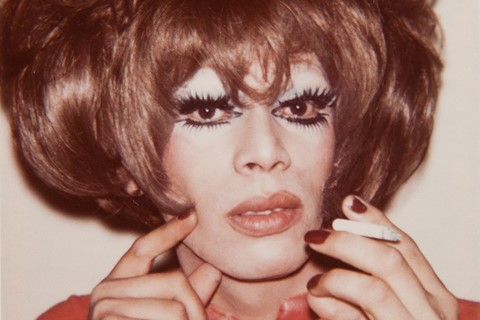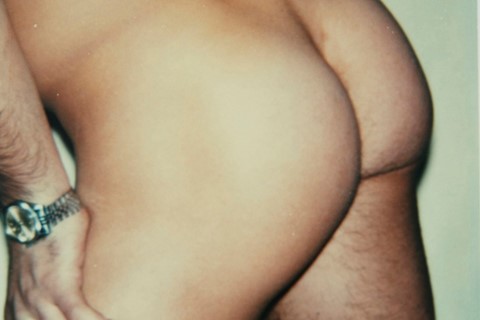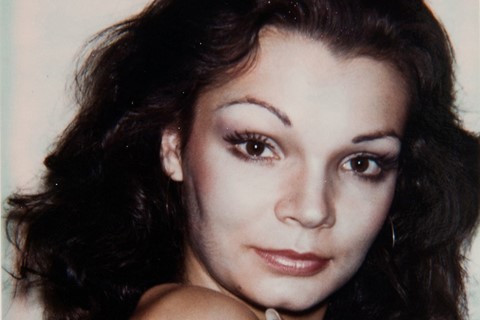Screened online as part of the Museum of Modern Art New York’s Virtual Views programme, Warhol’s controversial silent film is presented alongside the earliest surviving feature with an all-Black cast, and a rare screen test of Katharine Hepburn
For museums and galleries forced to close their doors as coronavirus-induced lockdowns hit cities across the world, this spring and summer has been about finding new ways to engage with audiences and share art virtually. While such institutions may be reopening in cities like London, the Museum of Modern Art in New York continues its Virtual Views programme this week, which it has been running online since April to offer would-be visitors a glimpse inside its impressive archives and exhibitions.
The Film Vault Summer Camp, launched last week, sees MoMA present historic examples from its film collection and this week spotlights the theme of ‘preservation’ with three films: an excerpt from Lime Kiln Club Field Day, Katharine Hepburn’s screen test for Joan of Arc, and Andy Warhol’s Kiss. Last week’s inaugural offering featured The Flying Train (1902) and a compilation produced in 1938 entitled Great Actresses of the Past, with footage from 1911 to 1916.
The unfinished and unreleased Lime Kiln Club Field Day was filmed in 1913 and 1914 and undiscovered until extensive restoration and preservation work by MoMA was completed, and it was finally released in 2014. Starring vaudeville star Bert Williams and Odessa Warren Grey, Lime Kiln Club Field Day is the earliest surviving feature film with an entirely Black cast. Extensive and years-long “detective work” by the museum allowed its curators and experts to recover the film’s plot – “a broad comedy of rival suitors competing for the hand of the town beauty on fairground playing fields and a high-society dance floor,” says MoMA – and piece together its history-making footage.
Kiss was one of Andy Warhol’s most experimental offerings; filmed in 1963, the 50-minute silent movie – which is available to watch via the Film Vault Summer Camp in its entirety – depicts couples kissing. Many of those seen in Kiss were Warhol’s infamous ‘superstars’: from Baby Jane Holzer, Marisol and Gerard Malanga to Naomi Levine, Fred Herko and Robert Indiana. “What you see onscreen is probably not what most people think when they hear ‘preservation’ or ‘restoration’,” says MoMA, “Kiss has visible scuffs, scratches, and dirt – but that’s the way most of Warhol’s films originally looked, and it would be a disservice to his creative process to remove the imperfections.” (In another online exhibition, you can currently see Warhol’s Polaroids – from the series Sex Parts and Torsos and Ladies & Gentlemen – via Fotografiska New York.)
Completing this week’s Film Vault Summer Camp offering, Katharine Hepburn’s 1934 screen test for Joan of Arc is a rarely seen insight into the practice of a legendary actor. It’s a role Hepburn never went on to play: “Despite Hepburn’s luminous appearance, this version of Joan of Arc would never be made,” MoMA explains. “The producers failed to secure the rights to George Bernard Shaw’s play, Saint Joan, because they intended to cut the script.” The colour screen test, which runs at just under three minutes, sees Hepburn inhabit the iconic role – which was eventually played by Ingrid Bergman in this production, released in 1948 – without even speaking any dialogue.
Watch the films in Virtual Views: Film Vault Summer Camp here.
